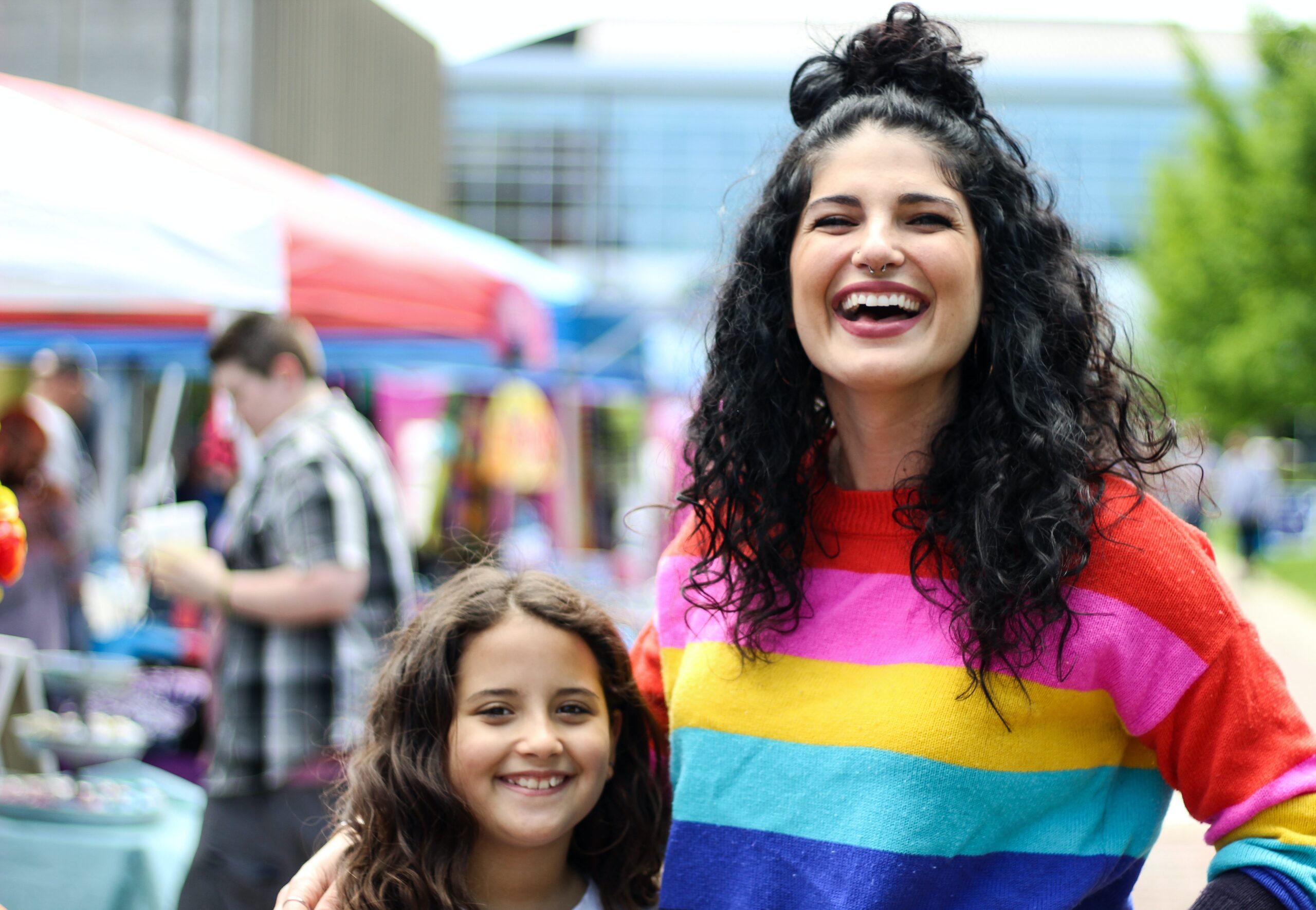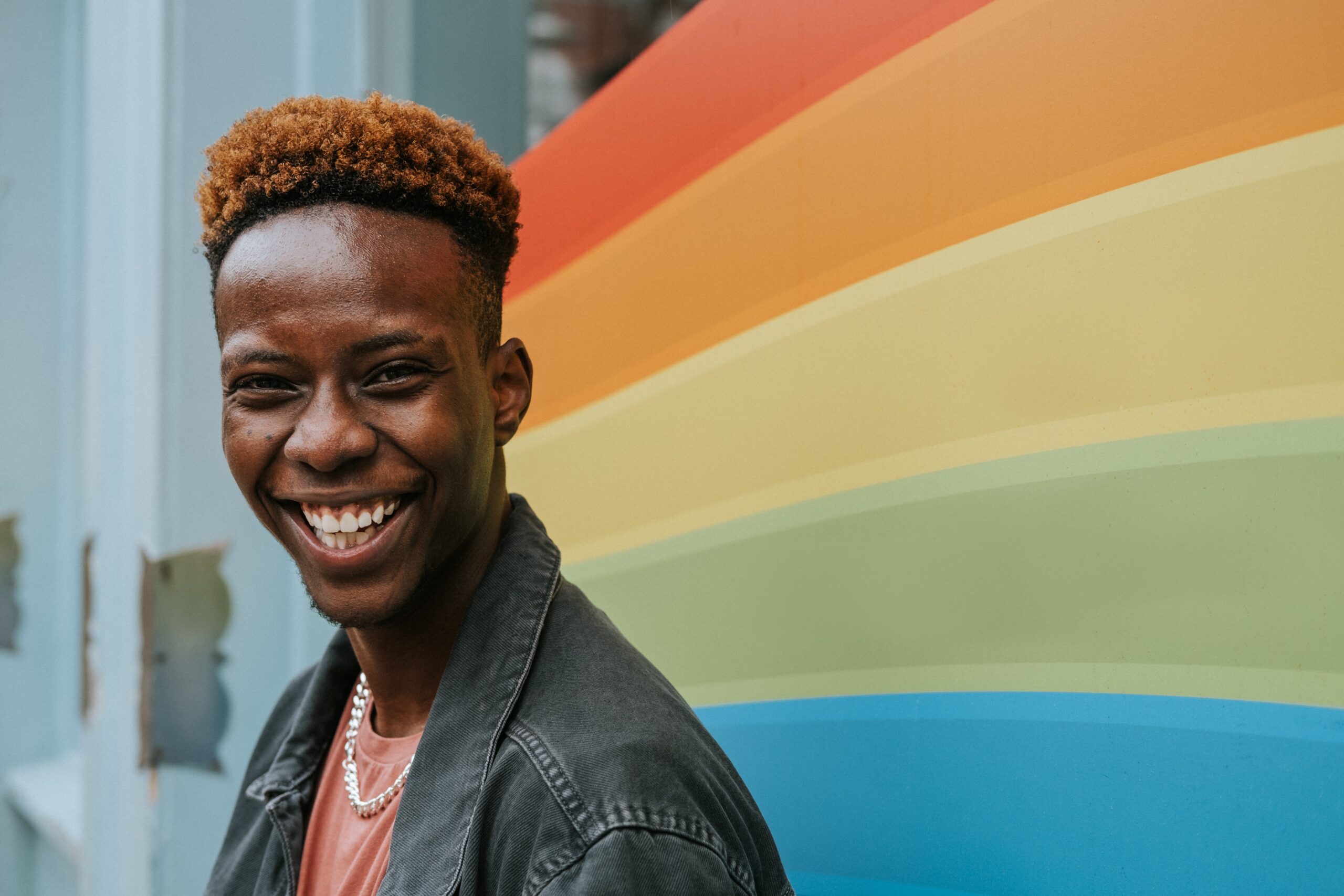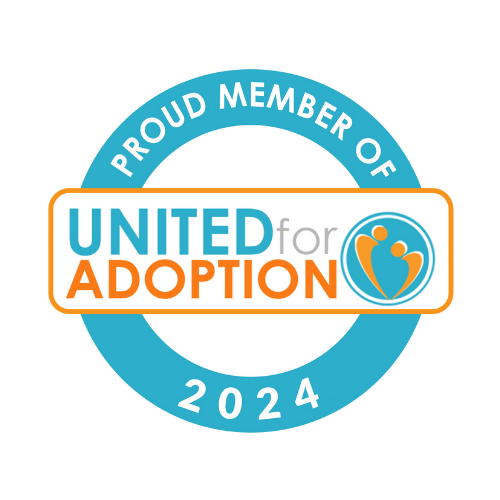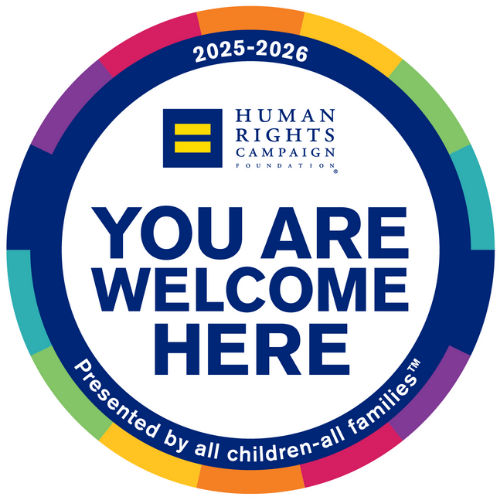Every child deserves to grow up in a safe and loving environment, especially those in foster care who have already experienced trauma and displacement. However, LGBTQ kids in foster care face unique challenges and are often more vulnerable than their heterosexual and cisgender counterparts. It is essential for us as a society to recognize and address these challenges, and most importantly, to show up for LGBTQ kids in foster care by providing them with the support, understanding, and acceptance they need to thrive.

THE CHALLENGES FACED BY LGBTQ KIDS IN FOSTER CARE
LGBTQ kids in foster care often encounter a variety of challenges that can significantly impact their well-being and development. Here are some of the key challenges they may face:
Rejection and Discrimination
Many LGBTQ kids in foster care experience rejection and discrimination from their foster families or caregivers due to their sexual orientation or gender identity. This lack of acceptance can lead to feelings of isolation, low self-esteem, and even depression.
Lack of Understanding and Support
Foster families and caregivers may not have adequate knowledge or understanding of LGBTQ issues, which can result in a lack of support for these children. Without proper support systems in place, LGBTQ kids may struggle to navigate their identities and face additional emotional and mental health challenges. In a 2012 conference for LGBTQ youth in care, Elizabeth shared that when she came out as a lesbian to her foster parents at age 15, they immediately took her to the hospital to be evaluated for a mental disorder (SLTrib, 2012).
Increased Risk of Abuse and Bullying
LGBTQ youth are at a higher risk of experiencing abuse and bullying, both within and outside the foster care system. This can have devastating consequences on their physical and emotional well-being, exacerbating their already vulnerable position.

THE IMPORTANCE OF SHOWING UP
Showing up for LGBTQ kids in foster care means providing them with the support, understanding, and acceptance they need to thrive. Here are several reasons why it is crucial to show up for these children:
Mental and Emotional Well-being
By offering support and acceptance, we can positively impact the mental and emotional well-being of LGBTQ kids in foster care. Feeling understood and valued can help alleviate feelings of isolation, depression, and anxiety, ultimately leading to improved overall well-being.
Identity Formation and Self-acceptance
Showing up for LGBTQ kids in foster care means creating an environment where they feel safe to explore and embrace their identities. When children are surrounded by acceptance and support, they can develop a positive sense of self, leading to increased self-esteem and self-acceptance.
Long-term Outcomes
Research has shown that LGBTQ kids who have support from caring adults are more likely to succeed academically, have higher self-esteem, and experience lower rates of substance abuse and suicide. By showing up for these children, we can significantly improve their long-term outcomes and set them on a path toward success.
HOW TO SHOW UP FOR LGBTQ KIDS IN FOSTER CARE
We all have a role to play in creating a safe and inclusive environment for LGBTQ kids in foster care. Here are some ways we can show up for them:
Education and Awareness
Take the time to educate yourself about LGBTQ issues, including terminology, identities, and the unique challenges faced by LGBTQ kids in foster care. Utah Foster Care (UFC) offers a support group called FLY: Families of LGBTQ Youth that meets regularly. UFC has also partnered with Mama Dragons to offer free training for foster parents raising an LGBTQ child. By increasing your awareness, you can become a more informed and supportive ally.
Support LGBTQ-inclusive Policies and Programs
Advocate for LGBTQ-inclusive policies and programs within the foster care system. Encourage agencies and organizations to implement training programs that address the specific needs of LGBTQ kids and provide resources for foster families and caregivers.
Become a Foster Parent or Volunteer
Consider becoming a foster parent or volunteer for organizations that support LGBTQ kids in foster care. By opening your home or dedicating your time, you can provide a safe and accepting space for these children and help meet their unique needs. Contrary to widely held belief, all single and married LGBTQ adults are needed and encouraged to become foster parents.
Offer Emotional Support
Reach out to LGBTQ kids in foster care and let them know they are not alone. Offer a listening ear, validate their experiences, and provide emotional support. Take the Safe Home Pledge and display it in your home so that all youth know your home is a safe place. Sometimes, a simple act of kindness and understanding can make a world of difference.
It is crucial that we show up for LGBTQ kids in foster care by providing them with the support, understanding, and acceptance they deserve. By addressing the unique challenges they face and creating inclusive environments, we can positively impact their mental and emotional well-being, help them develop a positive sense of self, and improve their long-term outcomes. Let’s work together to ensure that every LGBTQ child in foster care feels valued, supported, and loved.
Have questions about becoming a foster parent? There’s an urgent need for more licensed foster homes and more support for the foster care community, especially for our LGBTQ youth. Contact us to learn how you can help!






